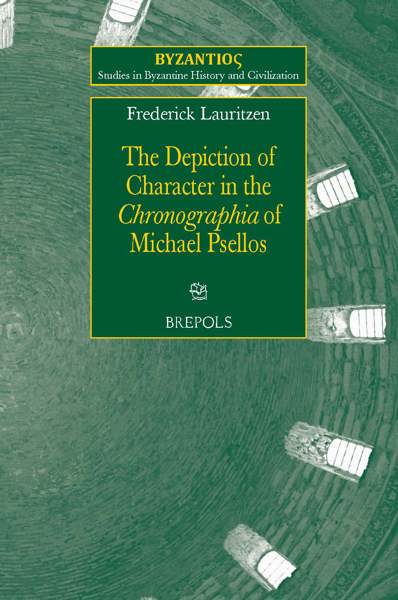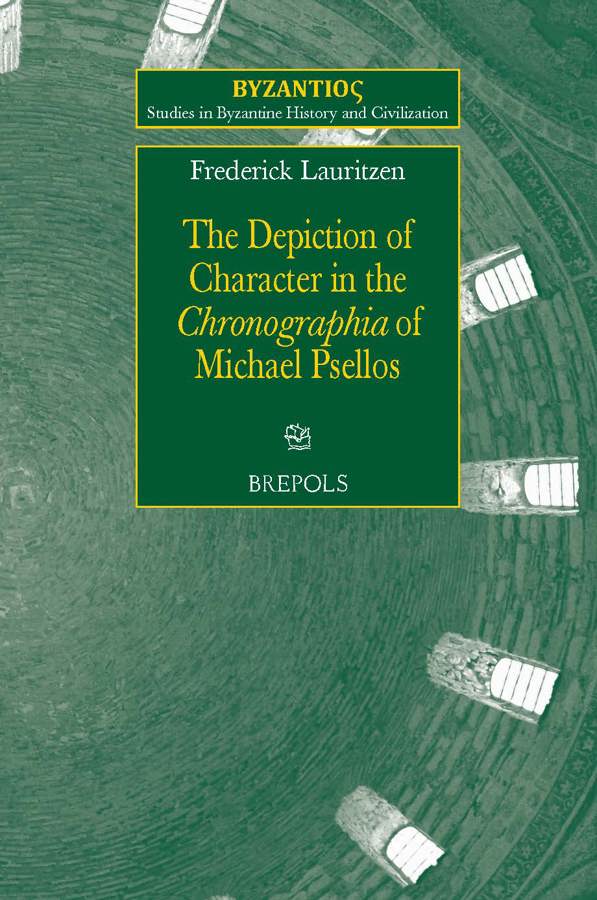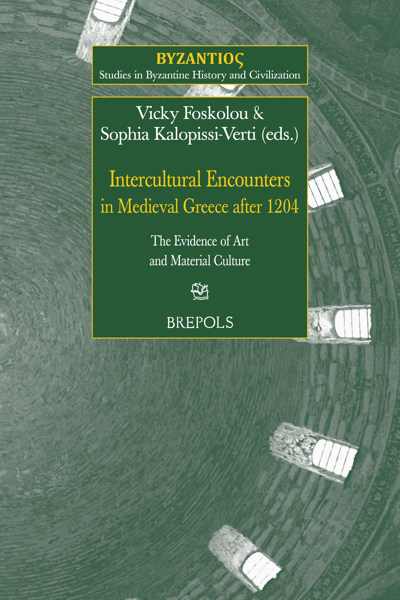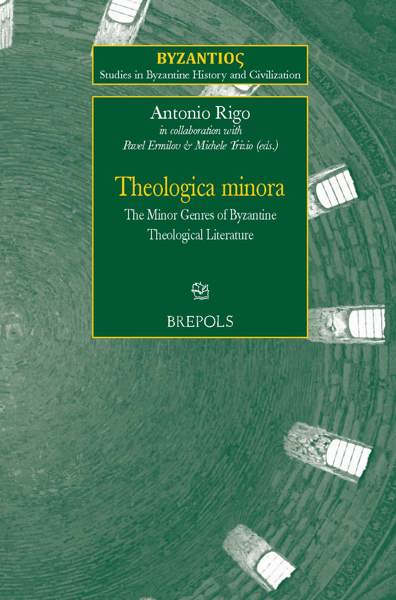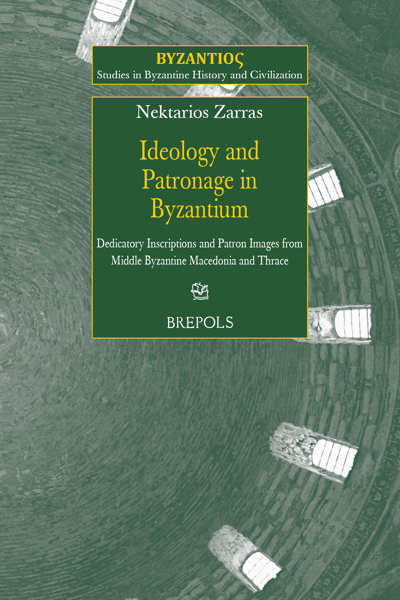
The Depiction of Character in the Chronographia of Michael Psellos
Frederick Lauritzen
- Pages: 260 p.
- Size:156 x 234 mm
- Illustrations:2 tables b/w.
- Language(s):English
- Publication Year:2013
- € 80,00 EXCL. VAT RETAIL PRICE
- ISBN: 978-2-503-54841-8
- Paperback
- Available
- € 80,00 EXCL. VAT RETAIL PRICE
- ISBN: 978-2-503-55888-2
- E-book
- Available
This publication presents the first study of the defining features of Psellos' Chronographia, written in the 11th century.
- Balkans & Western Asia (Near East) (c. 500-1500)
- Psychology
- Scholastic Theology (c. 1200-1500)
- Eastern & Orthodox Christianity & Churches (from c. 312)
- Byzantine Greek literature
- Political & institutional history (c. 500-1500)
- Cultural & intellectual history (c. 500-1500)
- Historiography (c. 500-1500)
"It takes courage to make Psellos' Chronographia the subject of major study. Not only has the scholarly world been awaiting such a study for decades, but many editions needed for making a full investigation of Psellos are also still lacking. Initial steps for any major enquiry into his works are therefore quite difficult. In this revised version of his thesis, Frederick Lauritzen has produced such a study and it yields new and important results." (Christian Høgel and Jonas J. H. Christensen, in: Bryn Mawr Classical Review, October 2014, [2014.10.11])
Frederick Lauritzen studied classics at New College, Oxford and Columbia University. He has published on eleventh-century literature as well as the reception of neoplatonism in Byzantium.
Character is the single most important feature of the Chronographia written by Michael Psellos (1018-1081?). It is an historical account of the events at court from the time of Basil II (986-1025) to Michael VII Doukas (1071-1078) with the insight of someone whose career developed within the imperial court and whose unsurpassed eye for details of personality was enlightened by his intellectual interests. During his lifetime, Psellos was considered the forefront of philosophical studies in the capital and therefore was named 'consul of philosophers' (ὕπατος τῶν φιλοσόφων) in 1047. He credited himself with reintroducing Plato on the cultural scene of Constantinople. It was his attractive manner of speech which led him to remain in the emperor’s presence and his rhetorical ability also plays an important role in the Chronographia, especially when he emphasizes or fabricates events to justify his understanding of a person’s mind. Many have employed Psellos’ Chronographia for its value in shedding light on historic events, itself important, though it often neglects the fact that Psellos’ historiography is not based on factual details to explain multiple causes for events, but seeks to attribute blame or merit to the personality of the ruling emperor.
